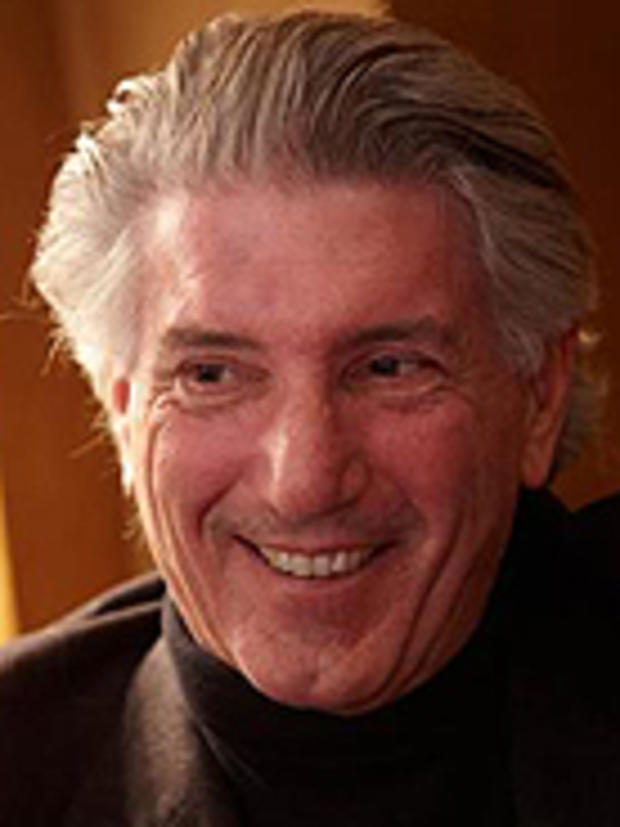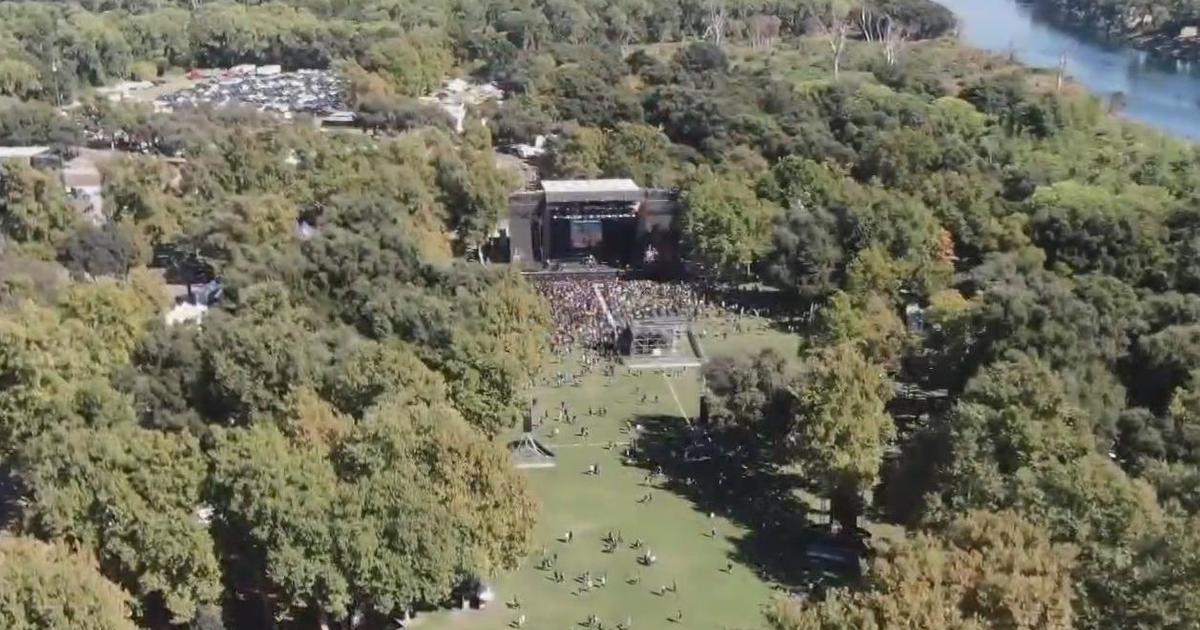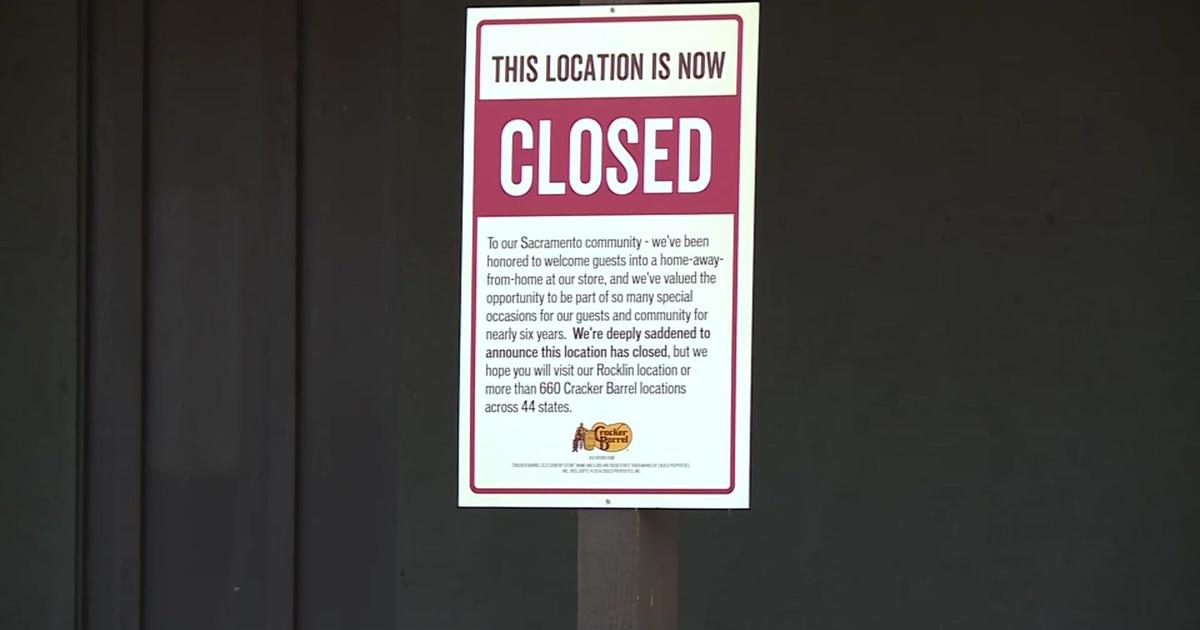Economics Educator Advises Sacramento Institutions On The Green Revolution
Woodrow W. Clark II, MA3, Ph.D. is one of the contributing scientists of the United Nations Intergovernmental Panel on Climate Change Nobel Peace Prize, a former energy advisor for past Governor Davis, author of nine textbooks (two more books coming out this year), an international speaker, and most importantly - an educator and Dad.
Dr. Clark's work in Sacramento advises organizations and global leaders how to solve the problems of climate change through sustainable infrastructures and agile energy systems as depicted in his latest textbook, "The Green Industrial Revolution."
His list of academic degrees include: a B.A. from Ohio Wesleyan University in Political Science/Economics; a certificate from Northwestern University in African Studies; a M.A. from Roosevelt University in Political Science; a M.A. from Loyola University, Chicago in Education and Philosophy; a M.A. from the University of Illinois, Urbana in Anthropology/Linguistics; and his Ph.D. from the University of California, Berkeley in Anthropology/Education.
A hallmark of Clark's work as a "qualitative economist" is that, "Economics is not a science. Hence, it makes me question numbers, words and data all the time."
What was your greatest success story as an educator?
"As a teacher at Champaign, Illinois Public School High School, the challenge was to get drop-out high school students to learn, stay, and graduate. By using 'The Autobiography of Malcolm X' as a textbook, both black and white students alike identified with that book and all but one of the 30 students that I had, graduated."
"Never be dependent upon anyone or an organization. You need to be creative and flexible - which is what an education can do for everyone."
"Earning a degree is the 'union card' that can never be taken away from you. These degrees are the cornerstone to an entire life of goals and achievements. Always have goals. Keep trying to connect the 'dots' and form a circle. Some economists today now call this 'circular economics' - which is helping to make economics into a science."
Karen Hansen M.S. Earth Sciences, has been an educator and consultant who is currently an analyst regarding land and other public information records. She lives and works in Sacramento, CA. She has been writing about earth and the environmental sciences for Examiner.com since May of 2010. Find her work in several sections of the publication. You can find her work at SF Solar Energy Examiner, SF Environmental News Examiner and Environmental News Examiner




